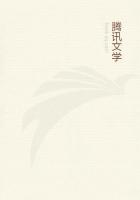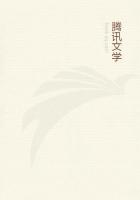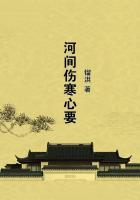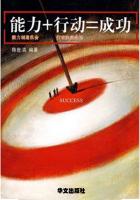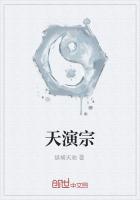Among the accidents that are consequences of matter there is found a certain diversity. Some accidents follow from the order the matter has to a special form, as the masculine and the feminine in animals, the difference between which is reduced to the matter, as the Philosopher says in X Metaphysicae cap. 9 (1058b21-23). Hence, the form of the animal having been removed, these accidents do not remain except in some equivocal sense. Other accidents follow from the order the matter has to a general form, and so with these accidents, if the special form is removed, the accidents still remain in the thing, as the blackness of the skin of an Ethiopian comes from the mixture of the elements and not from the notion of the soul, and hence the blackness remains in the man after death.
Since everything is individuated by matter and is placed in its genus or species through its form, the accidents that follow from the matter are accidents of the individual, and by these accidents individuals of the same species differ one from another. But the accidents that follow from the form are properly passions of the genus or species, and so they are found in all things participating in the nature of the genus or species, as risibility in man follows from the form, for laughter comes from a certain kind of understanding in the soul of man.
We should also note that some accidents are caused by the essential principles of a thing according to its perfect act, as heat in fire, which is always hot, while other accidents are the result of an aptitude in the substance, and in such cases the complete accident arises from an exterior agent, as transparency in air, which is completed through an exterior luminescent body. In such things, the aptitude is an inseparable accident, but the complement, which comes from some principle that is beyond the essence of the thing, or that does not enter into the constitution of the thing, is separable, as the ability to be moved, and so on.
We should further note that in accidents, the genus, difference, and species are taken in a way different from that in substances. For in substances, from the substantial form and the matter there is made something one per se, a certain single nature resulting from the conjunction of these two, and this nature is properly placed in the predicament of substance. Hence, in substances, the concrete terms that signify the composite are properly said to be in the genus, in the manner of the species or the genus, as, for example, man or animal. But in this way neither the form nor the matter is in a predicament except by means of reduction, as when we say that the principles of a thing are in its genus. However, from the accident and the subject there does not result something that is one per se, and thus from the conjunction of these two there does not result a nature to which the intention of genus or species might be attributed. Therefore, the accidental terms taken concretely, like white or musical, cannot be placed in a predicament except by means of reduction; but they can be placed in a predicament when they are signified abstractly, as whiteness and music. And because accidents are not composed of matter and form, in accidents the genus cannot be taken from the matter, the difference from the form, as is the case with composite substances; rather, the first genus is taken from their very mode of existing, as being is said in different ways according to what is prior and what is posterior in the ten genera of predicaments, and thus we call the measure of a substance quantity, the disposition of a substance quality, and so on for the others, as the Philosopher says in IX Metaphysicae cap.
The differences in accidents are taken from the diversity of principles by which they are caused. Since passions are properly caused by the proper principles of the subject, the subject is placed in the definition of the passion in place of the difference if the passion is being defined in the abstract and properly in its genus, as when we say that having a snubnose is the upward curvature of the nose. But it would be the converse if the definition of the passion were taken according to its concrete sense; in this way, the subject is placed in the definition as a genus, for then the passion is defined in the mode of composite substances in which the notion of the genus is taken from the matter, as when we say that a snubnose is an upwardly curving nose. The case is similar when one accident is the principle of another, as the principle of relation is action and passion and quantity, and thus by reference to these the Philosopher divides relation in V Metaphysicae cap. 15 (1020b26-32). But because the proper principles of accidents are not always manifest, we sometimes take the differences of accidents from their effects, as we do with the concentrative and the diffusive, which are called the differences of color and which are caused by the abundance or the paucity of light, which cause the different species of color.
We have thus made clear how essence is found in substances and in accidents, and how in composite substances and in simple ones, and in what way the universal intentions of logic are found in all of these, except for the first being, which is the extreme of simplicity and to which, because of its simplicity, the notions of genus, species, and thus definition do not apply; and having said this we may make an proper end to this discourse.
Amen.

